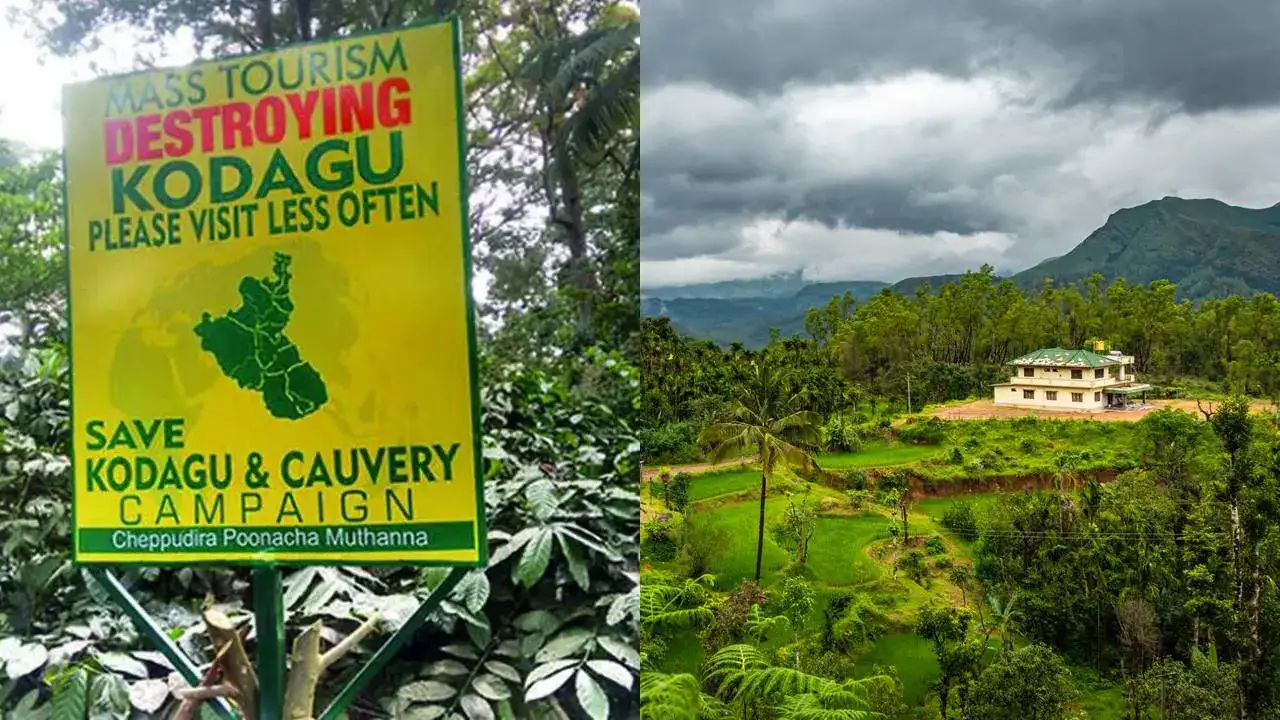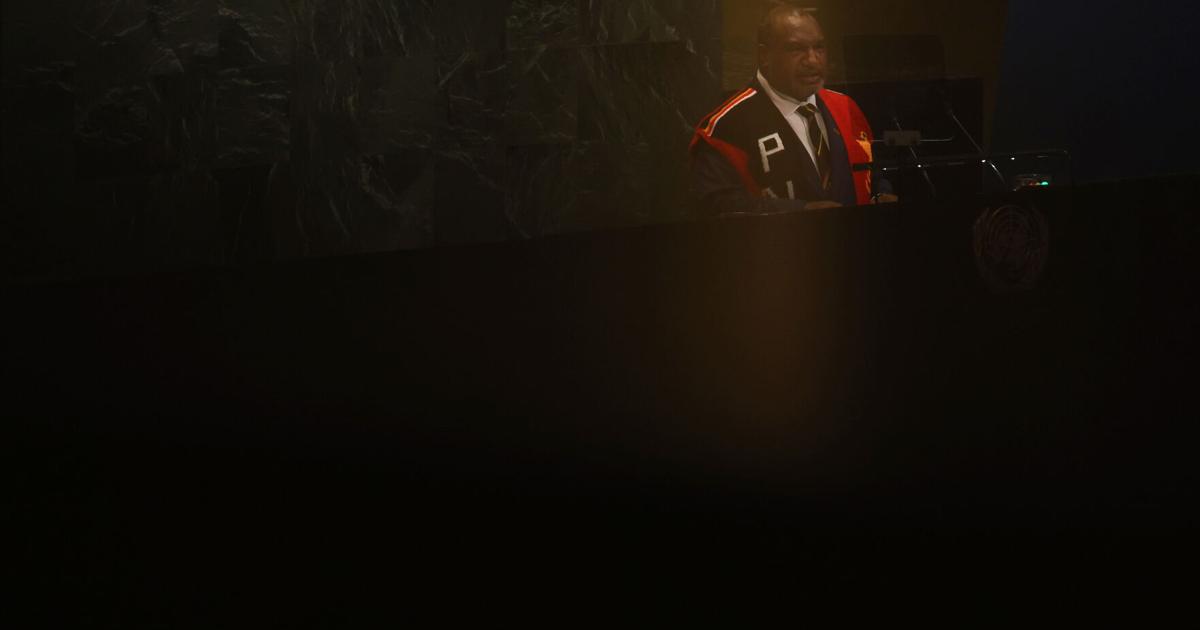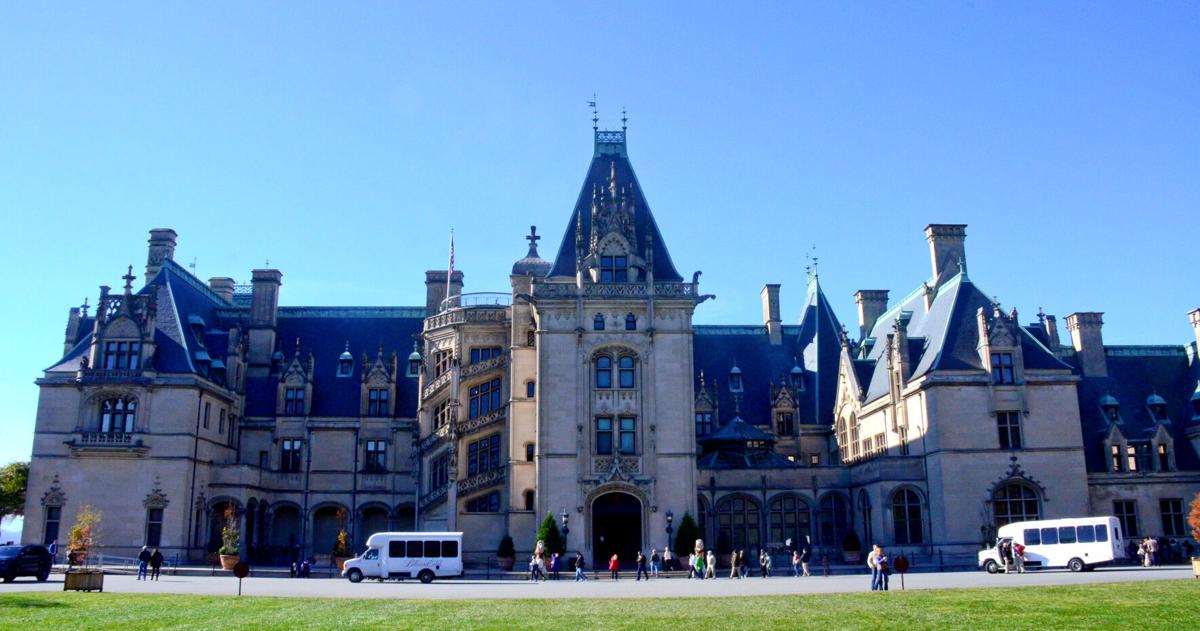Copyright timesnownews

I still remember stepping off the boat at Kavaratti in Lakshadweep last winter. The turquoise water looked like a travel brochure’s dream – glassy lagoons, white sand, coconut palms leaning over the shore. Yet, as the scent of salt and seaweed clung to my clothes, it was the uneasy hush among the locals that stayed with me more than the scenery. “People think this is an empty island for their holidays,” a fisherman named Shafeeq told me as he mended his nets under a frangipani tree. “But we live here. We don’t have proper hospitals. We don’t even have enough clean water during summer. When tourists come, they take what little we have.” His words were soft but heavy, echoing the worries I would hear again and again across islands and hills. Lakshadweep, a Union Territory of 36 small islands scattered like emerald beads in the Arabian Sea, has been marketed as India’s “last unspoilt paradise.” But for the people who call it home, that paradise is turning fragile. Shafeeq’s wife, Nazeera, joined our conversation, her dupatta fluttering in the salty breeze. “We don’t hate visitors,” she said. “But the government wants to build more resorts without even giving us a hospital. If someone falls sick, we have to wait for a ship to the mainland. Imagine bringing more tourists here when we can’t even care for our own children.” Her words played in my mind days later, when I was walking through the misty coffee plantations of Coorg, also called Kodagu, in Karnataka. Coorg’s slopes were a painter’s palette of green – coffee shrubs heavy with berries, pepper vines curling around silver oaks, and clouds brushing the hilltops like soft cotton. Yet behind the postcard scenes, locals too were beginning to voice their unease about the rising tide of tourism. Sitting at a small roadside shack in Madikeri, I met Appanna, a third-generation coffee grower whose family runs a tiny homestay. “We are Kodavas. We have a culture of hospitality,” he said, pouring me a strong filter coffee. “But there’s a limit. Now every weekend, hundreds of cars come from Bengaluru. People camp near our sacred groves, throw plastic, drink and play loud music. Our children see this and think it’s normal. We are losing what makes us who we are.” Appanna’s friend, Meera, who teaches at a local school, chimed in: “We used to have festivals where everyone in the village participated. Now half the youth are busy working in resorts or showing tourists around. Money comes, but our customs fade. Even our language is being spoken less.” Her voice cracked as she spoke, and I realised this was not just about traffic jams or litter – it was about identity and memory, slipping away quietly with every selfie posted online. But not everyone I met was entirely against tourism. In Lakshadweep, a young man named Yasin, who runs a small diving school, told me he sees a future in sustainable travel. “If we teach tourists about our reefs, our culture, and limit their numbers, it can help us too,” he said. “I want my kids to know the sea, but also to have jobs here, not leave for Kochi or Dubai.” Similarly in Coorg, a soft-spoken tour guide named Divya said tourism gave her financial independence. “Before, women here stayed at home. Now I earn, I meet people from everywhere. I just wish the authorities made strict rules so our hills don’t become another Ooty,” she added. These conversations unfolded like a tug-of-war between hope and fear. On one hand, there is pride – in their land, their traditions, their ability to welcome strangers. On the other, there is a sense of being overwhelmed by forces they cannot control: big investors eyeing their beaches, roads choking with SUVs, streams turning murky, and children mimicking outsiders’ habits. In Lakshadweep, I saw plastic bottles tangled in seagrass near an otherwise pristine lagoon. In Coorg, I watched construction trucks roar past an elephant corridor where locals whispered about disappearing wildlife. Tourism, which was once a trickle, is now a flood. And in places with weak infrastructure – limited hospitals, poor waste management, fragile ecosystems – that flood can feel like a slow drowning. I left both places with conflicting emotions. As a traveller, I had been enchanted by their beauty – the coral gardens of Lakshadweep shimmering like stained glass, the coffee-scented air of Coorg curling like incense. But as a journalist, I carried the voices of those who live there, voices often drowned out by glossy advertisements and hashtags. On World Tourism Day, when the global conversation centres on “travelling responsibly” and “exploring hidden gems,” I can’t help but think of Shafeeq, Appanna, Meera, Yasin, and Divya. They are not anti-tourist; they are asking for balance. For hospitals before hotels. For respect before Instagram reels. For policies that don’t just bring outsiders in but also build resilience for the people who stay. Standing on the pier at Kavaratti, watching the sun melt into the Arabian Sea, Shafeeq’s final words came back to me: “We are not against visitors. But paradise is not just for them. It is our home.” As I sip the last of my Coorg coffee while writing this, I realise that these communities are not rejecting tourism – they are rejecting being erased by it. They are saying “no” not to travellers, but to the kind of tourism that forgets the human heartbeat of a place. And perhaps the rest of us, in our rush to escape to paradise, need to listen. Travel News - Find latest news and tips based on Indian and World travel including top 10 travel destination, tourism information, how to reach visit and more at Times Now.



